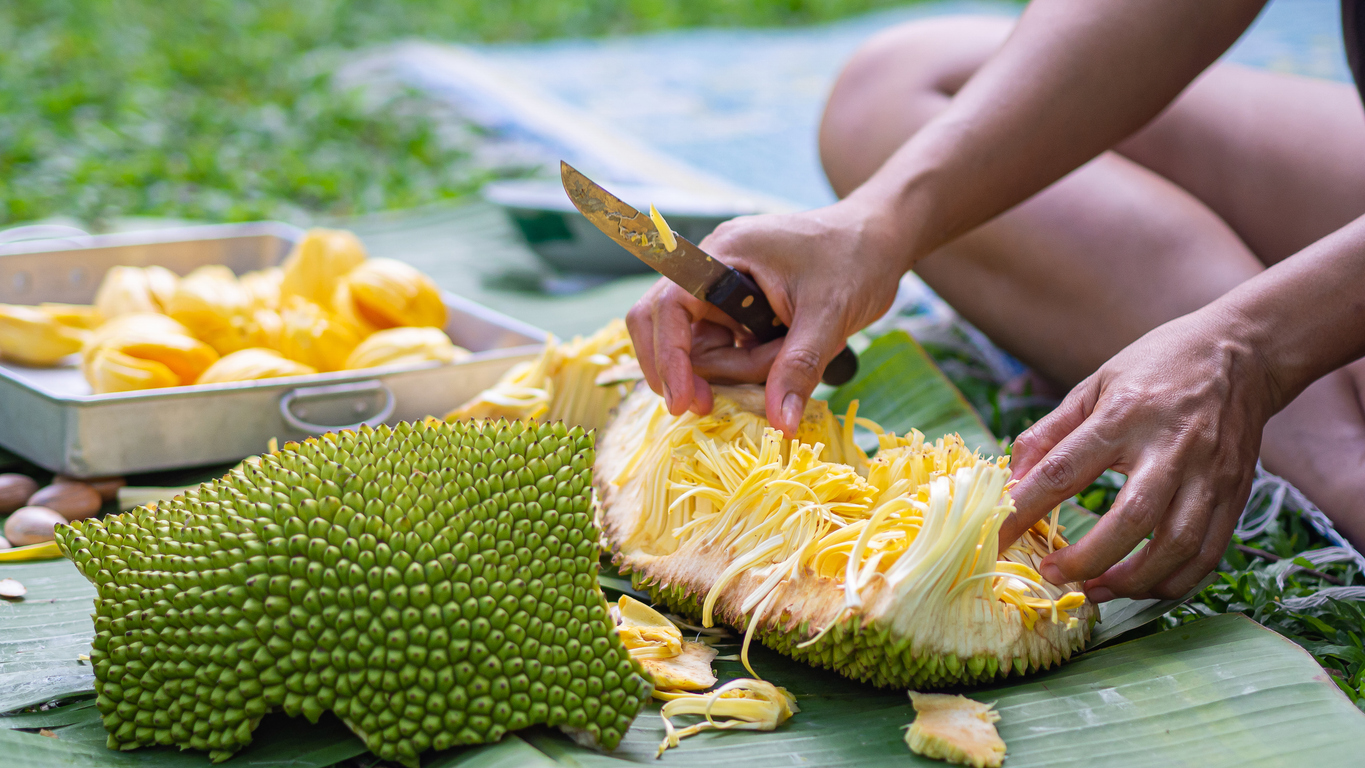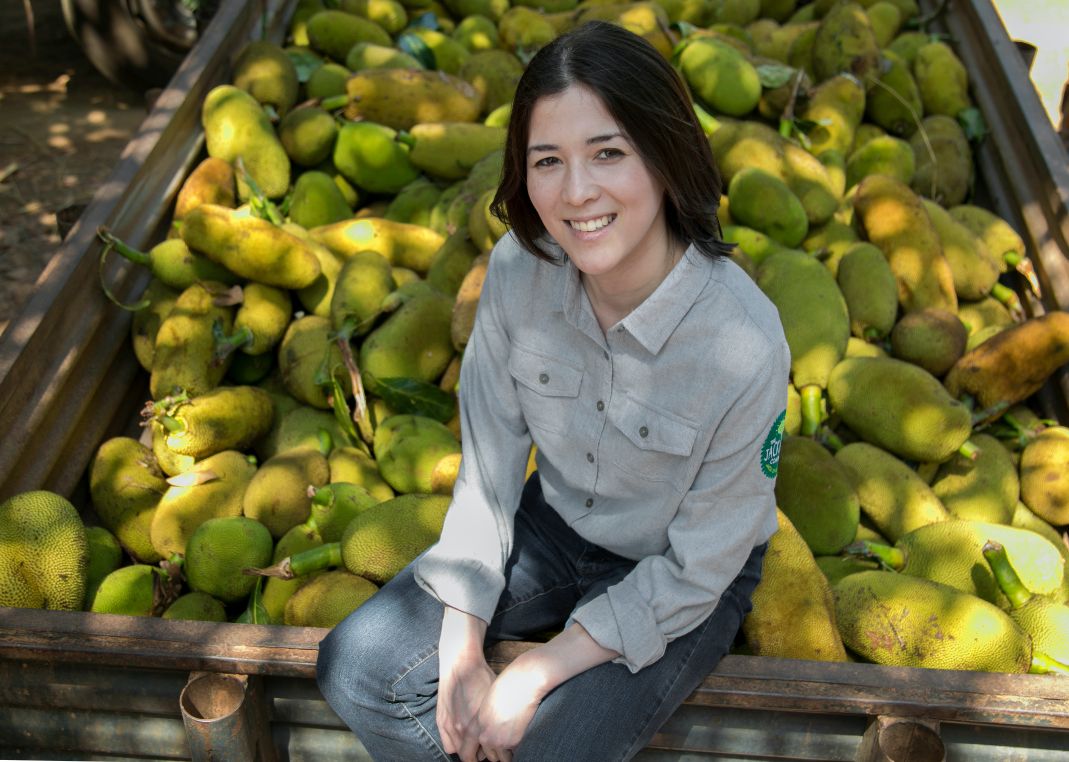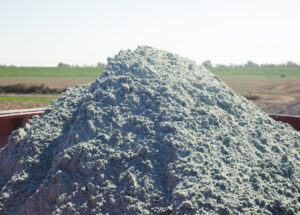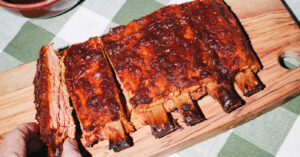The JackFruit Company—owner of the Jack & Annie’s brand—has raised a $5 million series B extension to expand its jackfruit-based meat alternatives across retail, foodservice, and industrial ingredients.
The round, led by returning investors InvestEco, Creadev, and Grosvenor Food & AgTech, follows a $23 million series B announced in December 2021, and reflects the fact that the firm is growing at a double digit pace at a time when many other players in the alt meat segment are struggling, said founder and CEO Annie Ryu.
“As we continue to see consolidation across the plant-based and broader meat alternative industry, our company is now positioned for strong growth.”
Naturally meaty texture
Founded by Ryu in 2011 to help farmers in India find markets for ripe jackfruit, the company evolved to focus on developing meat alternatives from young (unripe) jackfruit, which has a subtle flavor and a dense, shredded texture similar to pulled pork, explained Ryu.
“One of the farmers made a jackfruit burger for me and I was blown away by just how similar to meat it was.”
Its first products under The Jackfruit Company brand launched in Whole Foods in 2015, while a second brand, Jack & Annie’s, debuted in 2021. Today, The Jackfruit Company brand is more focused on industrial and foodservice markets with jackfruit ingredients such as ‘naked’ or ‘lightly seasoned’ jackfruit chunks, while the Jack & Annie’s brand is “more consumer-facing” with items such as burgers, breakfast sausage patties, and nuggets.
Together, they are sold in thousands of retail and foodservice outlets across the US and Canada.
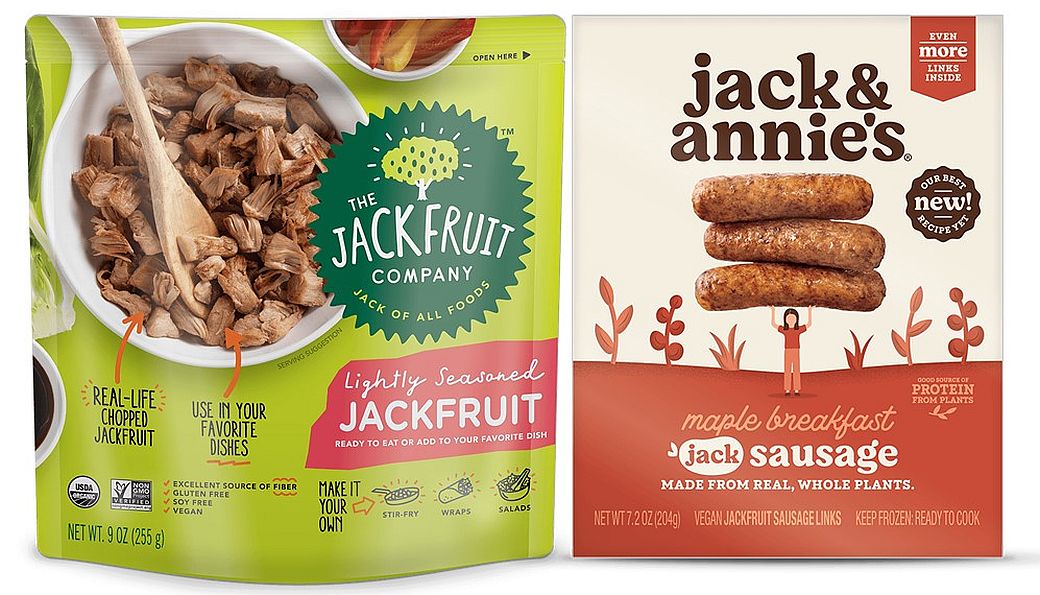
Minimally processed
While jackfruit is lower in protein than meat alternatives made with extruded plant protein powders, it is an excellent source of fiber, and contains meaningful quantities of potassium, iron and calcium, Ryu told AgFunderNews.
“The reality is we are as a whole consuming too much protein and not remotely enough fiber, so for us, it’s about how do we give people a good balance of nutrition? You’re not going to get the same protein as you get from animal muscle unless you’re extracting the protein from a plant and reconstructing a product from it.
“We are providing a different solution using whole plants that are naturally meaty, so we don’t have to texturize the protein.”
She would not provide details of what kind of processing the company uses to turn jackfruit into a meat analog, but said it involved “standard methods used in the food industry” and off-the-shelf equipment. Although this makes it cheaper than extrusion, it still requires a certain scale to make the numbers add up, she said.
“We are relatively cost competitive; however, we still don’t have economies of scale. We have access to the raw material supply, we have created the supply chain, and we have the manufacturing capacity to be able to operate on a much bigger scale, which is part of why we’ve raised this capital for expansion.”
Navigating the alt meat market
As for retailers, she said, some are reducing the space they allocate to meat alternatives, while others are just reorganizing the space to prioritize better-performing brands.
“In retail, we’re seeing our velocities growing across the board and our repeat rates are really high, so we have continued to get more items on shelves with some of our most important retailers such as Whole Foods and Sprouts,” added Ryu.
“We have also been growing in foodservice, getting key items available nationwide through [foodservice distributor] Dot Foods earlier this year, and have been opening up points of distribution with distributors across the country ever since. But meat alternatives has been an extremely rocky category, and in foodservice and e-commerce, some customers have even gone out of business.”
Clear market leader
Several players have introduced products featuring jackfruit over the years, but The Jackfruit Company remains the clear market leader in jackfruit-based meat alternatives, accounting for “about 70% of all retail jackfruit product sales in the US,” claimed Ryu.
“People tend to operate on the assumption that ingredients are commodities, but with jackfruit it’s not just been about creating a brand but creating a new category and a supply chain around it. So we have seen companies in the space come and go because it’s not easy. But it’s also such a huge area of opportunity.”
